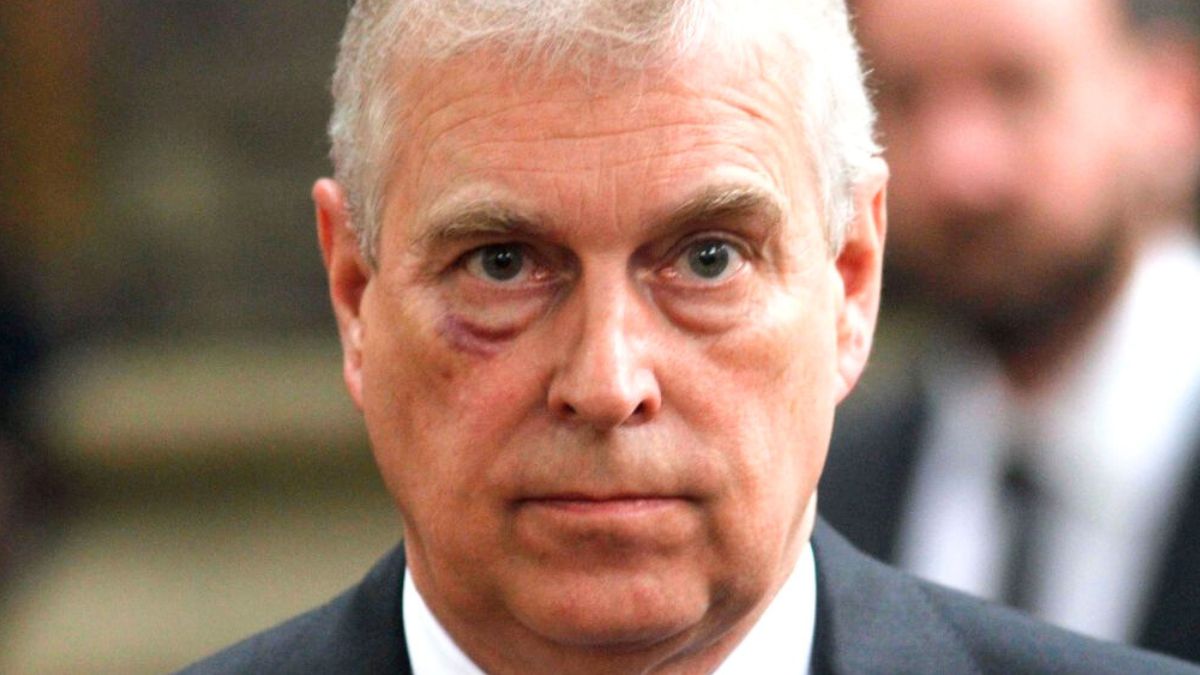The British government is all for transparency as long as Prince Andrew is not in the picture. When the Duke of York’s files come up, the government reportedly resorts to stonewalling.
Andrew Lownie, an author trying to find out who Prince Andrew associated with during his trade trips, likened the government’s handling of Freedom of Information requests to a game of “whack-a-mole.” Lownie is writing a Prince Andrew biography, and he is having a hard time getting the information he needs. According to Lownie, the government used a number of “conflicting excuses.” He claims that he was once told that the files he was looking for didn’t exist. The next time, they’re buried under costs too high to retrieve.
As an attempt to justify the selective transparency, the government allegedly told Lownie that the records can’t see the light of day. The government’s covering up for Andrew,” claims Lownie. Of course, officials deny any funny business, stating that they’re simply following “legislation.” Sure, and Buckingham Palace just happened to forget to invite Andrew to Christmas at Sandringham. Totally unrelated. The Department for Business and Trade also informed Lownie that records that were deemed “historically important,” would be sent to the National Archives; if not, “they will be destroyed.” How convenient.
Why is Prince Andrew being protected? The files on him as Special Representative need to be made public. https://t.co/W4NMpVxflI
— Andrew Lownie (@andrewlownie) December 29, 2024
The National Archives is supposedly complicit in this. Documents that were once public — like those on Andrew’s Royal Navy training — have been abruptly closed under exemptions from the Freedom of Information Act (FoI). A spokesperson for the National Archive offered an explanation for these exemptions: “When we become aware that open records may contain information that comes under one or more of the exemptions within the FoI Act, eg personal information, those records have their access status amended to ‘Access Under Review’ to allow for their review under the FoI Act.” Researchers like Dr. Alison McClean from Bristol University have called the archive’s process “dubious” and potentially illegal. According to her, these retroactive closures contradict the very spirit of the law designed to provide public access.
So, what is the government trying to hide?
Important all files relating to Prince Andrew's decade as Special Representative are made public. We need to know who was on these trips and who he saw. https://t.co/77DRT7WR3s
— Andrew Lownie (@andrewlownie) December 28, 2024
The allegations against Andrew aren’t exactly garden-variety royal scandals. He’s accused of taxpayer-funded trips for private business and connections to a suspected Chinese spy. Lownie is trying to find out who accompanied Andrew on these trade missions. But it seems that the law is designed to keep royal secrets, secret. According to Lownie, the exemptions allow documents relating to Andrew to remain sealed for up to 105 years after their birth. A spokesperson for the UK Information Commissioner’s Office explained, “There’s nothing in the Freedom of Information Act about that.”
If Lownie’s claims are true, Prince Andrew is far from being left to his own. The real issue here is transparency. Do Andrew’s actions have potential implications for national interests? The withheld documents may indeed contain damaging information, but the government’s lack of transparency only invites further speculation. This isn’t just about one man’s secrets. It’s about a system that prioritizes royal image over public accountability.
